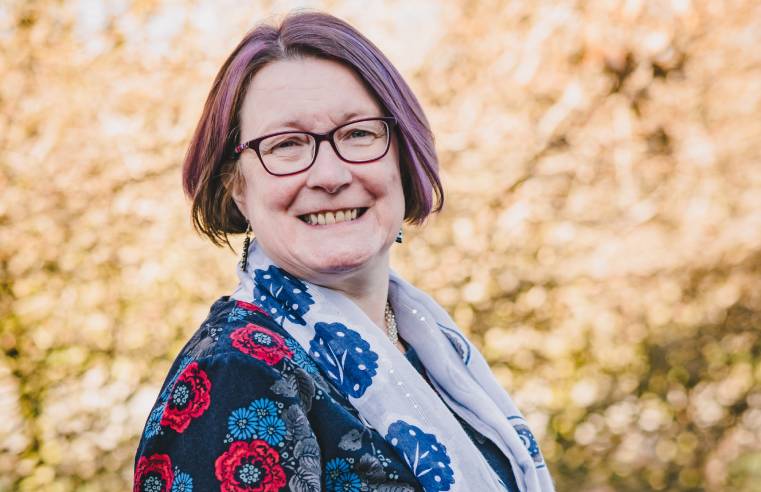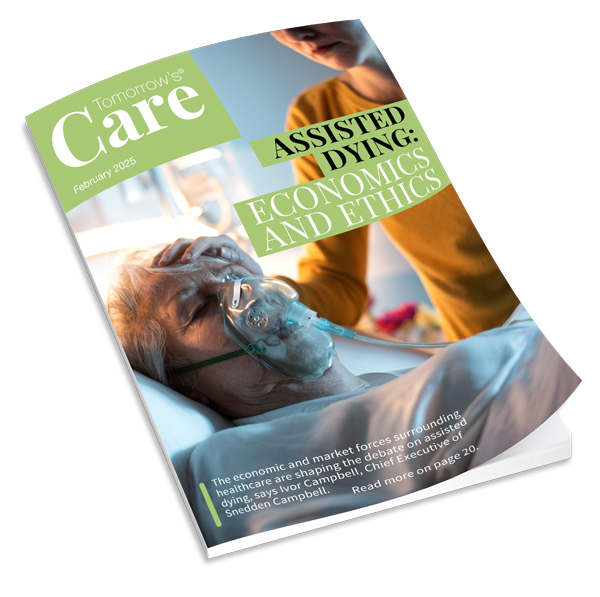Following the release of the Care Quality Commission’s State of Care report, published today 15th October, a number of leading charities within the care sector have spoken out criticising the government’s approach to social care.
The annual assessment of the state of health and social care in England shows that quality ratings have been maintained overall – but people’s experience of care is determined by whether they can access good care when they need it.
This year, the CQC put a particular focus on inpatient mental health and learning disability services, the area where CQC is seeing an impact on quality. Commenting on the findings, the CQC explained that difficulties in accessing the right care can mean that people with a learning disability or autism end up detained in unsuitable hospitals.
The CQC’s ongoing thematic review, which begun in 2018, highlighted the prolonged use of segregation for people with severe and complex problems who should instead be receiving specialist care from staff with highly specialised skills.
In response to the findings from the report, national disability charity Sense labelled the government as having a “head in the sand” attitude to social care.
Richard Kramer, Chief Executive of Sense, commented: “Social care is in a fragile state, with access to care varying across the country and a sector officially in crisis - a crisis in parts brought on by Government’s ‘head in the sand’ attitude. The sector has been promised a long-term funding solution for years now and yet nothing has happened.
Sporadic cash injections are barely making a dent in the funding gap. Without a long-term solution, social care services are struggling year to year without the ability to plan for future needs.
“We are particularly concerned to see the impact the lack of community support for people with learning disabilities and/or autism is having. All too often, people are having to receive care far from home or in unsuitable settings, such as hospitals. The official CQC conclusion is that the standard of care for these individuals has been unacceptable for the past 12 months. For too long, we have seen the issue acknowledged but not tackled - it’s time to put an end to this and see demonstrable change.
“The lack of community support also highlights how the health and social care sector are intrinsically intertwined and hence depended on each other. It’s one of the many reasons why a long-term solution needs to be found now and action, such as investment in community care for people with complex disabilities, needs to be taken immediately.”
Older people’s charity Independent Age also emphasised the lack of cooperation between health and social care services, which was highlighted in the report.
Deborah Alsina, Chief Executive of Independent Age, said: “It is becoming increasingly clear that older people are suffering because health and social care services are not joined up. It’s simply not good enough when people are ending up in A&E because they are not receiving the right type or right amount of care.
“We are not only letting our older people down, but also causing unnecessary pressures on our health services.
“It is particularly concerning that, in the past year, CQC twice had to issue warnings about possible service disruption because of provider failure. With an ageing population and unprecedented financial pressures on the health and care sectors, the government must urgently address the fragility of the adult social care sector.”
The report can be found here:
www.cqc.org.uk/publications/major-report/state-care


























